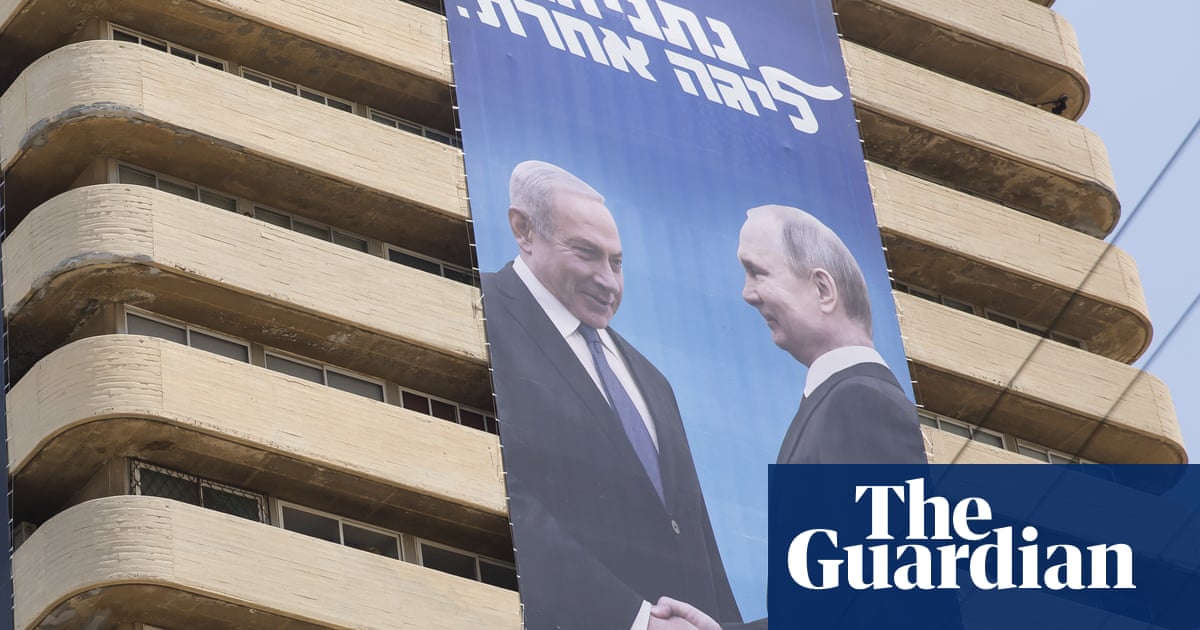
Thirty years ago today (Nov. 9), the world watched with astonishment and great emotion as the Berlin Wall fell. The 97-mile, heavily guarded concrete barrier that had divided Berlin, physically and ideologically, since 1961 was the most visible and important symbol of the political divisions that separated East and the West during the Cold War.
With that barrier torn down, the Soviet Union collapsed and the Cold War ended after half a century. However, the remnants of the divisions that split the US and Russia during that era can still be seen and felt.
On Dec. 3, 1989, Soviet leader Mikhail Gorbachev and US President George Bush sat side by side in Malta and announced the Cold War between the two powers was coming to an end. Prominent American political philosopher Francis Fukuyama said that the moment marked the “end of history,” suggesting that it was the start of a post-ideological era for the world.
His theory has been seriously challenged by global events in the years since. In particular, the Arab uprisings that swept the region and significantly affected the balance of power in the Middle East seem to offer clear proof that ideological conflicts still exist and are likely to persist for some time.
The clearest example of this can be found in Syria. Moscow’s military activity in the country in 2015 was the Russian army’s first direct operation since the collapse of the Soviet Union. It was a clear sign of Russia’s return to the fray in the Middle East, at a time when the US was trying to extract itself.
Needless to say, the decision by the leadership in Moscow to intervene militarily was a reflection of Russia’s desire to maintain its power and influence in the region in general, and Syria in particular.
One prominent Russian analyst said: “All in all, the reasons for Russian support of the Syrian regime are complex and cannot be explained using an Occam’s razor approach.” In other words, the explanation is not as simple as it might appear.
In the wider context, recent moves by the Russian leadership in the region — such as its active role in Syria, the rapprochement with Turkey, its return to the Gulf region after a decade and the desire to assume the role of broker in the deal-making process between conflicting parties in the region — reflects its global geopolitical rivalry with the US and Washington’s Western allies.
In accordance with the deal signed in Sochi by Turkish President Recep Tayyip Erdogan and Russian President Vladimir Putin, Turkish and Russian ground and air units on Nov. 1 launched the first joint patrols in the Darbasiyah region in northeastern Syria. It was not the first the time that Turkish and Russian troops has been deployed in the country, but the aim of this latest mission is to protect Turkey’s borders from terrorists.
To be clear: Russia is working with NATO member Turkey to protect its borders from terrorists. One might think that this should be a task for the US, with whom Turkey was an ally throughout the Cold War, to protect the interests of the Western alliance.
Assuming a role traditionally carried out by the US in the region, in partnership with a NATO member nation no less, is not the oddest thing about Russia’s actions. What is even stranger is the fact that Moscow is moving into Syria while the US is abandoning its military outposts and bases in the country. This clearly illustrates how Russia is filling the vacuum that has been left by the US not only in Syria but the wider Middle East.
The core of Moscow’s Middle East strategy has been to maintain good relations with all sides in regional conflicts.
Sinem Cengiz
While tensions have been running high between Ankara and Washington for some time, Turkey is actively fostering a closer relationship with Russia, as evidenced by the eight meetings between the leaders of the countries this year alone.
It would not be wrong to say that Moscow’s current political approach to the region has helped to establish it as a more reliable partner than the US in the eyes not only of a NATO member such as Turkey, but also Gulf countries that have long been allies of Washington. Even Israel, traditionally a close American ally, is now seeking a greater understanding with Moscow.
Given Russia’s proven ability to work with Iran in Syria, Arab leaders seem interested in a closer relationship with Moscow as part of which it can act as an intermediary in dealings with Iran, something Washington cannot currently do, and has no desire to.
Russia has adopted a pragmatic approach. The core of Moscow’s Middle East strategy has been to maintain good relations with all sides in regional conflicts: Turkey and the Kurds, Iran and the Gulf nations, the Syrian regime and Turkey. Unlike US policy, which divides the region into friends and enemies, Russia tries to adopt a measured approach to all.
Russian novelist Leo Tolstoy said people do not become leaders through fate or because of their personal characteristics, but as a result of social circumstances — the zeitgeist (spirit of the time).
Putin has been astute at reading the zeitgeist in the Middle East, which is probably the region in which Russia has been most successful at consolidating its influence at the expense of America. It would not be an exaggerated metaphor, therefore, if we likened the Russia of today to a phoenix that has risen from the ashes 30 years after the demise of the Soviet Union.
Sinem Cengiz is a Turkish political analyst who specializes in Turkey’s relations with the Middle East. Twitter: @SinemCngz
Disclaimer: Views expressed by writers in this section are their own and do not necessarily reflect Arab News" point-of-view












